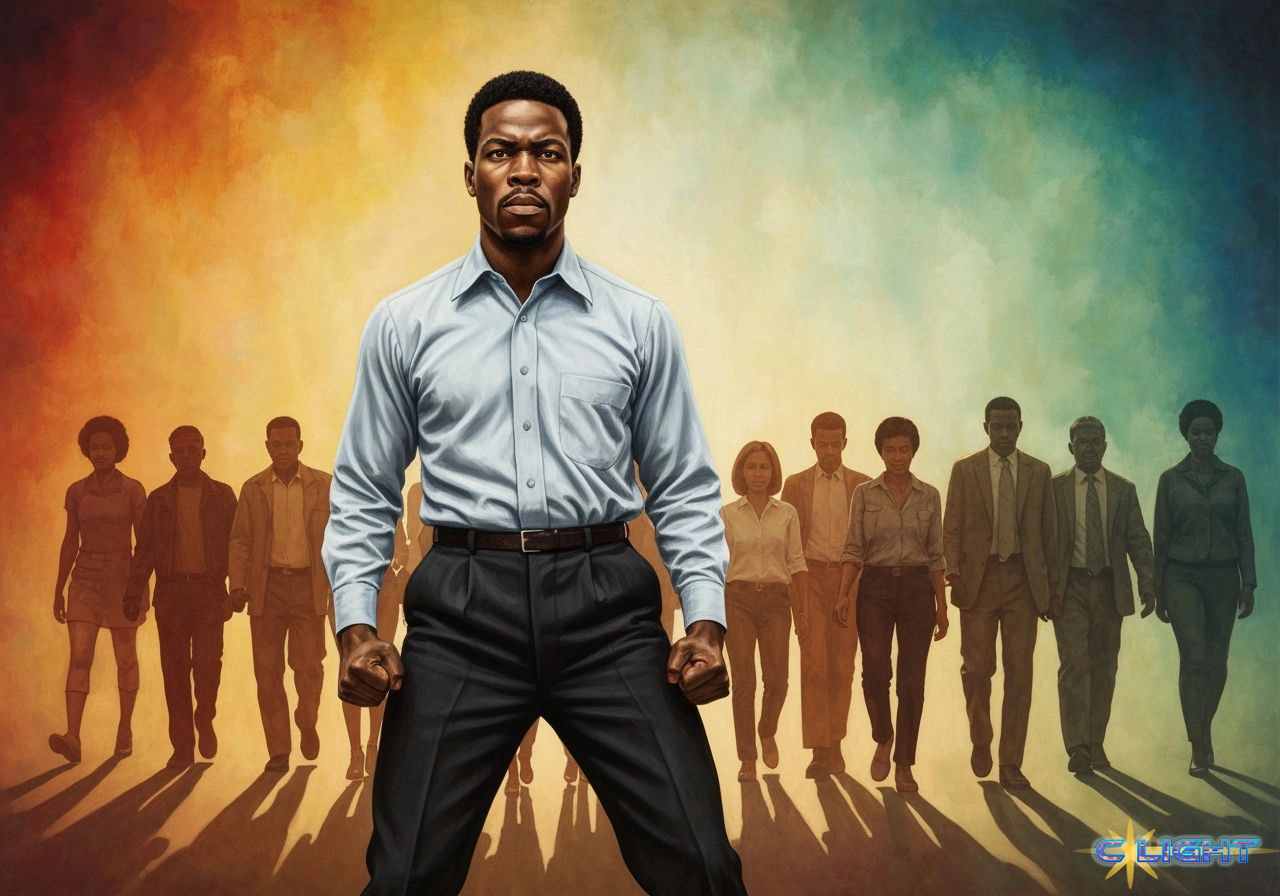Friends, fellow citizens, and advocates for justice across the globe, tomorrow, July 17, 2025, marks a solemn anniversary: five years since the passing of an American giant, Congressman John Lewis. Yet, even in our remembrance, we find ourselves not in quiet reflection, but on the front lines of a renewed struggle. Today, tens of thousands are taking to the streets across our nation for the “Good Trouble Lives On” protests.
Some may look at the calendar and see only a Thursday. They might wonder if a weekday protest can truly make a difference. But let me be clear: this is no ordinary protest. This is a deeply organized, widespread, and critical moment of collective action. This is a demonstration of unwavering resolve against systemic attacks on our most fundamental civil and human rights.
As someone who had the profound privilege of knowing John Lewis, I can tell you this: he was a tireless fighter, a man whose very life was a testament to courage. He was deeply, profoundly concerned about the future, fearing exactly the type of issues we are grappling with now. His iconic call to “get in good trouble, necessary trouble, and help redeem the soul of America” was not a gentle suggestion for polite disagreement. It was a battle cry for disruption in the pursuit of justice.
The Stakes Are High: Why These Protests Demand “Good Trouble”
We are witnessing a systematic rollback of rights, a broad and unified opposition to the current administration’s policies, and the “MAGA movement” as a whole. This is not about one isolated issue; it is an assault on the very fabric of our democracy.

Consider the landscape:
- Voter Suppression: We see bills like the SAVE Act, designed to erect barriers to the ballot box, silencing the voices of eligible voters.
- Cuts to Social Programs: Vital lifelines like Medicaid, SNAP, and Social Security are being slashed, disproportionately harming our most vulnerable communities.
- Immigration Enforcement: Aggressive ICE raids and deportation sweeps tear families apart, sowing fear and instability.
- Criminalization of Protest and Free Speech: Our fundamental right to dissent, to speak truth to power, is under attack. The administration itself views protest as “trouble,” and we must show them what good trouble truly looks like.
- Systemic Discrimination: Policies are actively targeting immigrants, Black and Brown communities, and LGBTQ+ individuals. Look no further than the recent, devastating closure of the Center for Transyouth Health and Development at Children’s Hospital Los Angeles. This was the largest gender-affirming care facility of its kind, serving thousands for decades, forced to close its doors due to the very federal funding threats we are protesting. This is not merely an inconvenience; it is a direct blow to life-saving healthcare, a chilling example of systemic pressure.
The White House may claim a “historic mandate,” but we, the people, have a mandate of our own – a mandate for justice, equality, and dignity for all.
The Power of Organized, Disruptive Resistance
This movement is not a fleeting moment of outrage. It is a focused, organized force that has been building momentum since January. With over 1,600 events confirmed across all 50 states – far exceeding earlier estimates – and more than 126,000 RSVPs, with expectations for even higher turnout, this is a testament to the power of collective will.
Leading organizations like Indivisible, the Transformative Justice Coalition, the 50501 Movement, Black Voters Matter, and the League of Women Voters are not just calling for presence; they are training a million people in community organizing and campaign design through initiatives like “One Million Rising.” This is a strategic evolution, channeling our outrage into concrete tactics to make change in government.
And here is the crucial point, the very essence of John Lewis’s legacy: a protest isn’t a protest if the people against whom we’re protesting are not in any way inconvenienced or bothered by it. A protest without any “good trouble” is useless.

Embracing “Good Trouble” for Our Future
This means more than just showing up. It means being willing to engage in peaceful, nonviolent acts that disrupt the status quo and force attention. Think of John Lewis and Senator Booker’s sit-in right on the Capitol steps, an act of principled defiance that brought the legislative process to a halt. Think of walking down the middle of busy streets, stopping traffic, to ensure our message cannot be ignored. Think of going through the Capitol building, not around it, to confront power directly.
The goal of these protests, as they grow in size and frequency, is to make “local, state and federal elected officials… feel uncomfortable maintaining the stance they have.” This discomfort is not a side effect; it is the very mechanism through which the power of the people is truly exercised.
We need every able-bodied person to be there. Every voice, every presence, every act of peaceful disruption, no matter the size of the local event, contributes to this national “moral reckoning.”
John Lewis’s “good trouble” is not just a memory to be honored. It is a living, breathing, necessary force for justice and dignity that is actively shaping our democracy today. Let us rise to this moment. Let us join the movement. Let us make some good trouble.
Discover more from Clight Morning Analysis
Subscribe to get the latest posts sent to your email.










